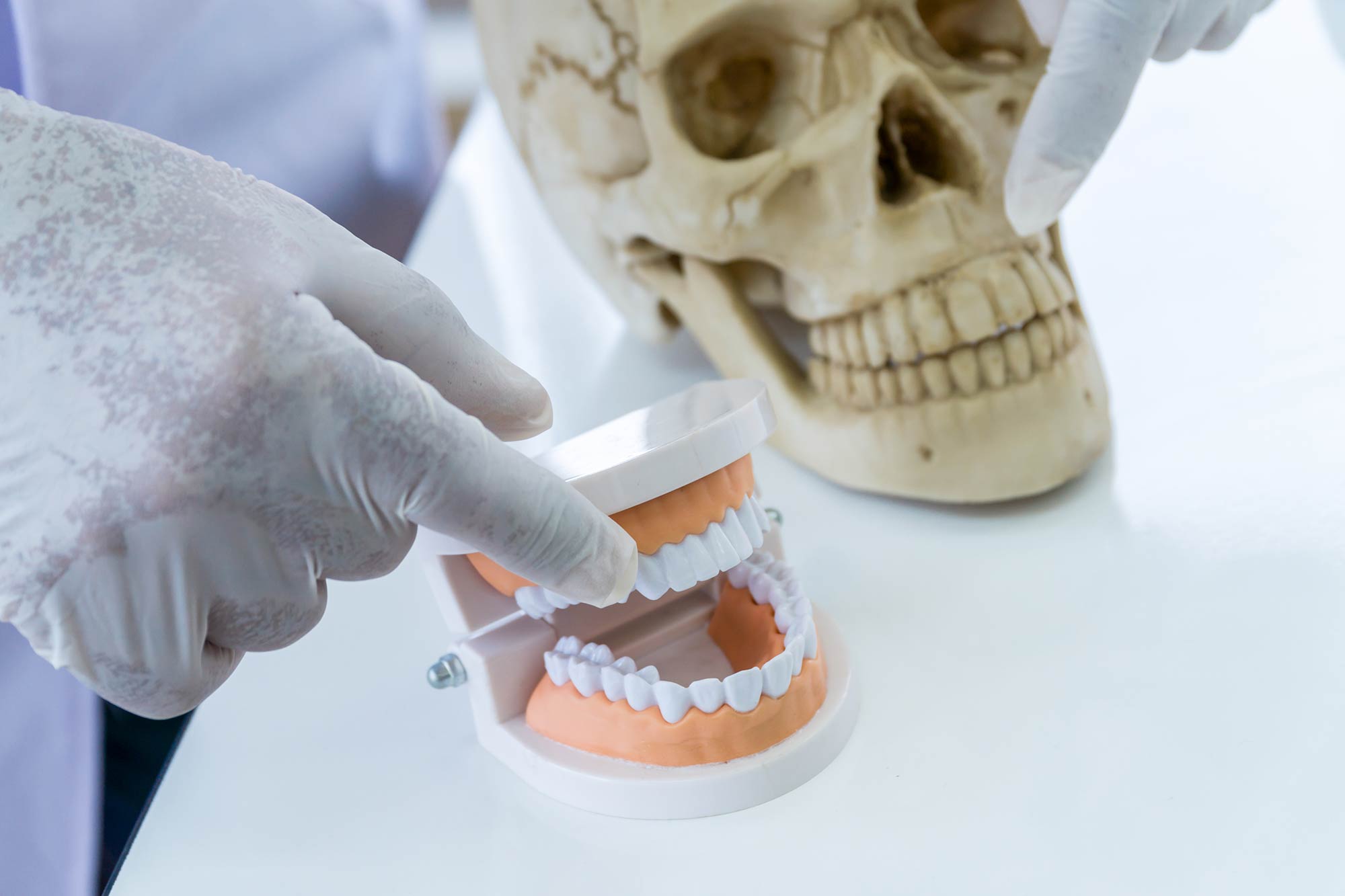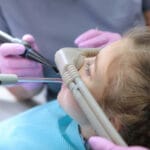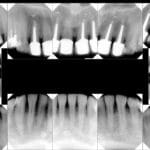Forensic odontology unlocks crucial evidence hidden within teeth, aiding in victim identification, age estimation, and bite mark analysis in criminal investigations. It’s a fascinating field where dentistry meets criminal justice, playing a vital role in bringing closure to families and ensuring justice is served. This article explores the multifaceted world of forensic odontology, from its diverse applications to the career path and essential skills required to become a dental detective.
Decoding Dental Clues: How Forensic Odontologists Work
Teeth are remarkably resilient, often outlasting other forms of identification. This durability makes them invaluable in forensic investigations. Forensic odontologists, the Sherlock Holmeses of the dental world, apply their specialized knowledge to a range of tasks:
Identifying the Unknown
When traditional identification methods fail, forensic odontologists step in. By comparing dental records (X-rays, charts) to the teeth and jaw structure of unidentified remains, they can establish a person’s identity. Fillings, crowns, and even the unique morphology of a tooth can be like a fingerprint, bringing closure to families and allowing investigations to proceed. This is especially crucial in mass disasters or cases involving severe decomposition.
Determining Age
Teeth also tell a story about age. Dental development follows a predictable pattern. By examining tooth eruption stages or wear patterns, odontologists can estimate the age of a deceased individual. This is particularly helpful in cases involving children or unidentified skeletal remains.
Decoding Bite Marks
Bite marks left at a crime scene can potentially link a suspect to a crime or exonerate an innocent individual. Odontologists compare these marks to a suspect’s dental impressions. While bite mark analysis can be complex and is sometimes the subject of ongoing research and debate within the scientific community, in certain cases, it can offer crucial evidence. Some experts believe more research is needed to solidify bite mark analysis as a definitive forensic tool, while others suggest its current methodologies are robust enough for reliable use in specific circumstances.
Beyond Criminal Investigations
Forensic odontology isn’t limited to criminal cases. These experts also contribute to:
- Civil disputes: Dental malpractice lawsuits, insurance fraud investigations.
- Disaster victim identification: Mass casualties, natural disasters.
- Historical and archaeological investigations: Identifying remains and understanding past populations.
Becoming a Tooth Sleuth: Education and Training
From dental degrees to specialized training, the path to becoming a forensic odontologist requires dedication, meticulousness, and a passion for unraveling mysteries. Here’s a glimpse into the journey:
- Bachelor’s Degree: A strong foundation in science (biology, chemistry, physics) is essential.
- Dental Admission Test (DAT): A high score on the DAT is crucial for dental school admission.
- Dental School (DDS/DMD): Earning a Doctor of Dental Surgery (DDS) or Doctor of Dental Medicine (DMD) degree provides a comprehensive understanding of oral health and dental procedures.
- Specialized Training: Postgraduate programs, fellowships, or on-the-job training under experienced forensic odontologists equip individuals with the specific skills needed for forensic investigations. Organizations like the American Board of Forensic Odontology (ABFO) offer board certification.
Essential Skills for a Dental Detective
A keen eye for detail, analytical thinking, and strong communication skills are essential for forensic odontologists, who bridge the gap between dentistry and the legal system. Key skills include:
- Meticulous attention to detail: Analyzing subtle nuances in teeth, bite marks, and dental records.
- Sharp analytical and logical thinking: Interpreting complex dental evidence and drawing sound conclusions.
- Clear and concise communication: Explaining intricate findings to law enforcement, lawyers, and juries, both verbally and in writing.
- Technological proficiency: Utilizing advanced technology like 3D scanning, digital imaging, and DNA analysis.
- Emotional resilience: Navigating the sensitive nature of the work, which often involves dealing with traumatic cases and human remains.
Odontology vs. Dentistry: A Key Distinction
While all forensic odontologists are dentists, not all dentists are forensic odontologists. General dentistry focuses on oral health and hygiene, while forensic odontology applies dental science to legal matters. Think of dentistry as the overarching field and forensic odontology as a specialized branch within it.
The Future of Forensic Odontology
Forensic odontology is a constantly evolving field. Ongoing research is leading to new techniques and advancements, particularly in areas like:
- Advanced Imaging: 3D scanning and digital imaging provide more precise and detailed analysis of dental structures and bite marks.
- DNA Analysis: Extracting DNA from dental pulp can be crucial for identification, especially in cases where other biological samples are unavailable.
- Bite Mark Analysis Refinement: Research continues to improve the reliability and scientific validity of bite mark analysis, including the development of standardized protocols and objective evaluation criteria.
These advancements, coupled with ongoing debate and refinement of existing techniques, demonstrate the dynamic nature of forensic odontology and its commitment to enhancing justice within the legal system. The field’s future likely rests on integrating these technological advances with improved understanding of the biological and behavioral factors influencing bite mark creation and interpretation. It’s a fascinating blend of science and detective work, reminding us that even the smallest details can play a significant role in uncovering the truth. noncontingent reinforcement and paracolic gutter are seemingly unrelated but highlight the breadth of scientific terminology.
- Discover Long Black Pepper: Flavor & Health Benefits - April 25, 2025
- Shocking Twists: The Grownup Review: Unreliable Narration - April 25, 2025
- A Quiet Place Book vs Movie: A Deep Dive - April 25, 2025
















